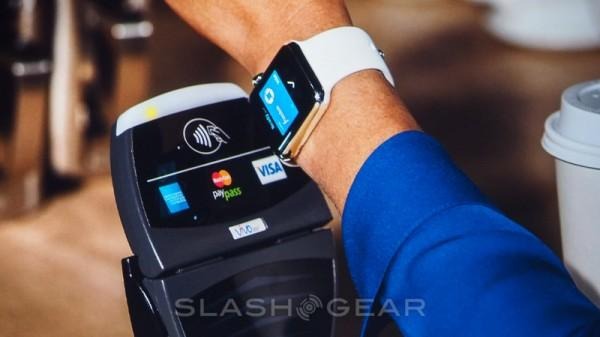Apple Pay Will Give Apple Cut Of Transaction Fees
Apple Pay is Apple's answer to mobile payments, in which they aim to have us leave the plastic at home and use an iPhone for all our payments. To wit, it's pretty profound; transaction tokens instead of card info flying around, info housed in a secure element within the phone — it's great. A new report tells us just how Apple will make sure it's good for them, too.
According to Bloomberg, Apple is taking a cut of the transaction fees the bank charges a seller for credit card transactions. Apple is also believed to have struck deals with each bank individually, meaning their cut of the fee could be different with each financial institution.
Currently, banks generate about $40 billion annually in transaction fees. By 2017, some analysts think that could skyrocket to $90 billion.

By controlling the method for payment, Apple is integrating themselves into that massive revenue stream. It's reasonable that in using their system to actually pay for things, they'd take a cut of the action. There's no real reason Apple should carry the burden of being the middle man without seeing some of the benefits.
More importantly, taking a cut of the transaction fees — a number that is probably varying with each bank, and currently unknown — gives Apple a reason to stay in the mobile payment sector, and grow their platform (as well as make shareholders happy). Others, like Google Wallet, were simply available, never really making a strong play to be taken seriously.
So why is Apple taking a percentage of the transaction fees? In a normal transaction, the bank takes roughly 2% off the top of the purchase for things like fraud protection. If Apple is covering those concerns via Apple Pay (back to the transaction tokens and secure element in the iPhone 6), they've alleviated visceral concerns the bank had.
Source: Bloomberg
